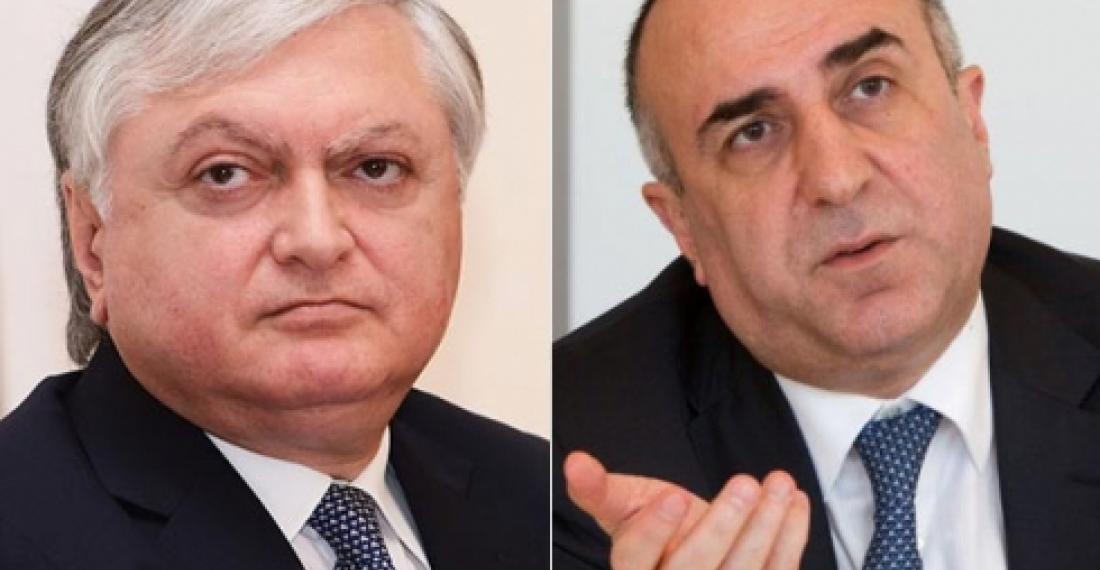The foreign ministers of Armenia and Azerbaijan took part in a meeting of EU Eastern Partnership's foreign ministers on Monday, with both men voicing support for relations with the European Union.
“We attach great importance to enhancing our bilateral cooperation in many areas of shared interest,” said Azerbaijan’s Elmar Mammadyarov in Brussels. He also mentioned the Strategic Partnership Agreement between Azerbaijan and the EU, which was introduced in draft form at a summit in Riga last year, while praising the new European Neighbourhood Policy document.
“This agreement will lay the solid foundation for upgrading our bilateral relationship to qualitatively new level and for better securing our common interests,” said Mammadyarov, who also spoke positively about European policy chief Federica Mogherini’s recent visit to Baku. He said an important step to closer ties is completing the Southern Gas Corridor, which would enable Azerbaijani natural gas to be sold in Europe.
Armenia in 2013 decided to join the Russian-led Eurasian Economic Union rather than signing a comprehensive free trade agreement with the European Union. However in Brussels, foreign minister Edward Nalbandian gave his support to future bilateral cooperation.
“The European Neighborhood Policy has played a substantial role in promoting and deepening cooperation between Armenia and the EU, he said in Brussels. “We highly appreciate the EU’s continued support and assistance provided to our country over the years, which has been instrumental for the effective implementation and sustainability of the reform process and institutional capacity building in Armenia.”
Nalbandian named the Erasmus international students programme, the agricultural sector, and the EU led Human Rights Dialogue as areas where Armenians benefit from EU involvement.
“Armenia looks forward to advancing and deepening our comprehensive cooperation both within the Eastern Partnership and European Neighborhood Policy, building upon the achievements that we have reached during recent years,” he said.
SOURCE: commonspace.eu and agencies
PHOTO: Courtesy of ArmeniaNow






